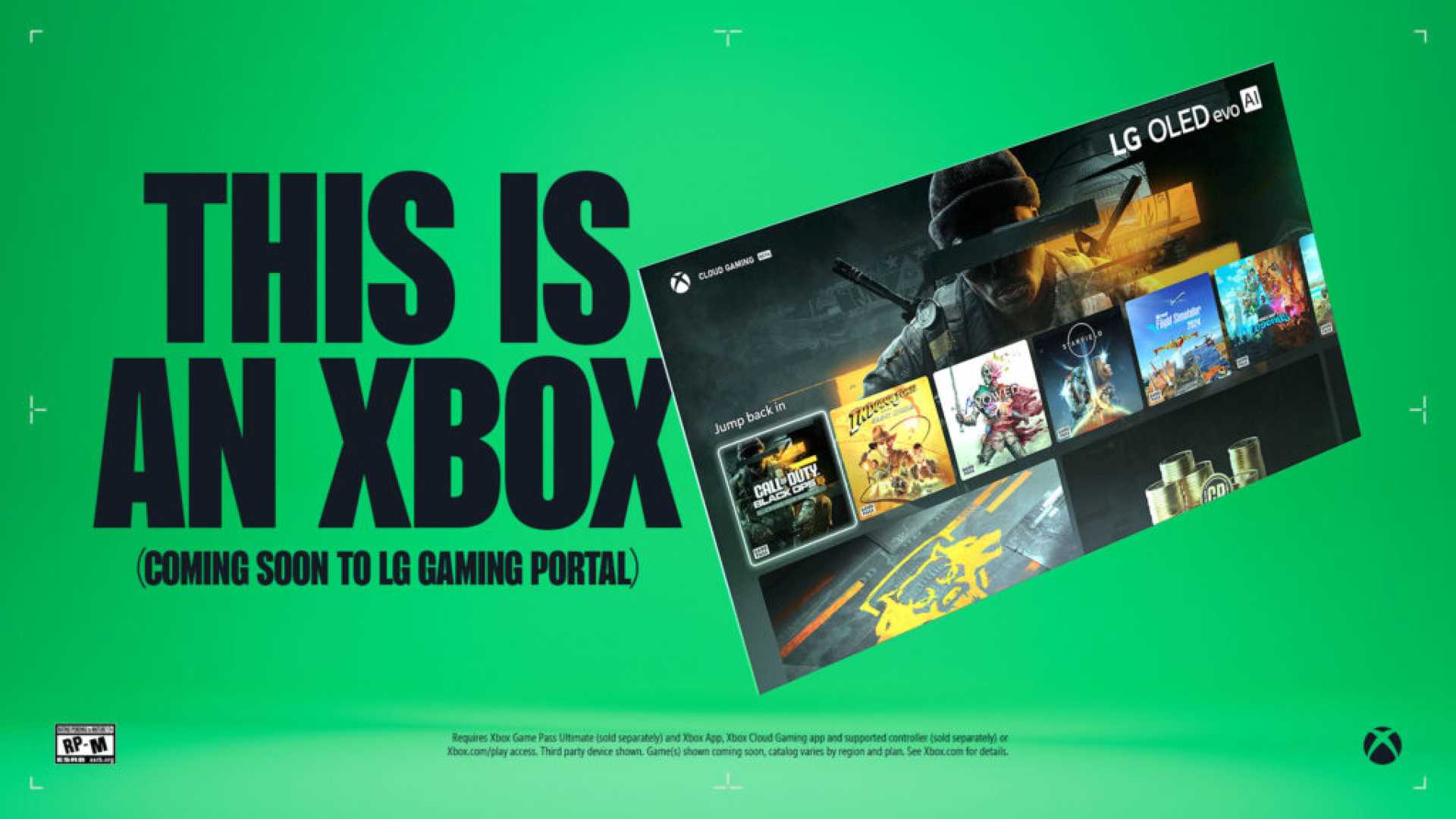Tech
Cloud Gaming Expands to LG TVs But Hardware Concerns Remain

Seoul, South Korea — Cloud gaming is becoming increasingly accessible as LG Electronics announces the integration of Xbox Game Pass into its televisions. This newcomer joins Samsung in offering a variety of cloud gaming services directly on smart TVs. However, questions remain about whether this development will significantly boost the popularity of cloud gaming.
The move is a major milestone for gamers who seek flexible gaming options. Yet, challenges such as varying Wi-Fi strength across households could hinder the experience. A stable internet connection is crucial for cloud gaming success, with Xbox Game Pass recommending a minimum of 15 Mbps for optimal performance, though some users may struggle based on their home network setup.
Nvidia‘s GeForce Now presents even more detailed requirements, advising 45 Mbps for 4K gaming at 120 frames per second (fps). While average internet speeds in the U.S. exceed 200 Mbps, factors like multiple connected devices can slow performance and complicate streaming.
Both Xbox and Nvidia services operate best on a 5 GHz Wi-Fi band, which is common in modern routers. If a player’s smart TV is limited to the 2.4 GHz band, gaming may not be feasible despite a wired connection.
To enhance streaming experiences, experts recommend hardwiring devices to the router. However, this is not always feasible due to distance or a lack of available Ethernet ports. As a result, the obstacles surrounding cloud gaming might overshadow the advantages of its availability on new smart TVs.
The landscape of cloud gaming is further complicated by gaps in availability from major gaming platforms. Microsoft leads as the most accessible service, while Nintendo and PlayStation have yet to fully embrace the trend. PlayStation’s PS Now service, which provided cloud gaming, was rolled into the new Premium subscription service three years ago.
Nintendo has ventured into cloud gaming with the Nintendo Switch Online service, but these offerings often fall short regarding performance and content, as they remain limited to specific systems.
Despite the technological strides in cloud gaming, traditional gaming consoles may maintain their advantage in performance and content delivery for the foreseeable future. Until home networking capabilities advance significantly and more gaming companies expand cloud services, the growth of cloud gaming may remain gradual.












